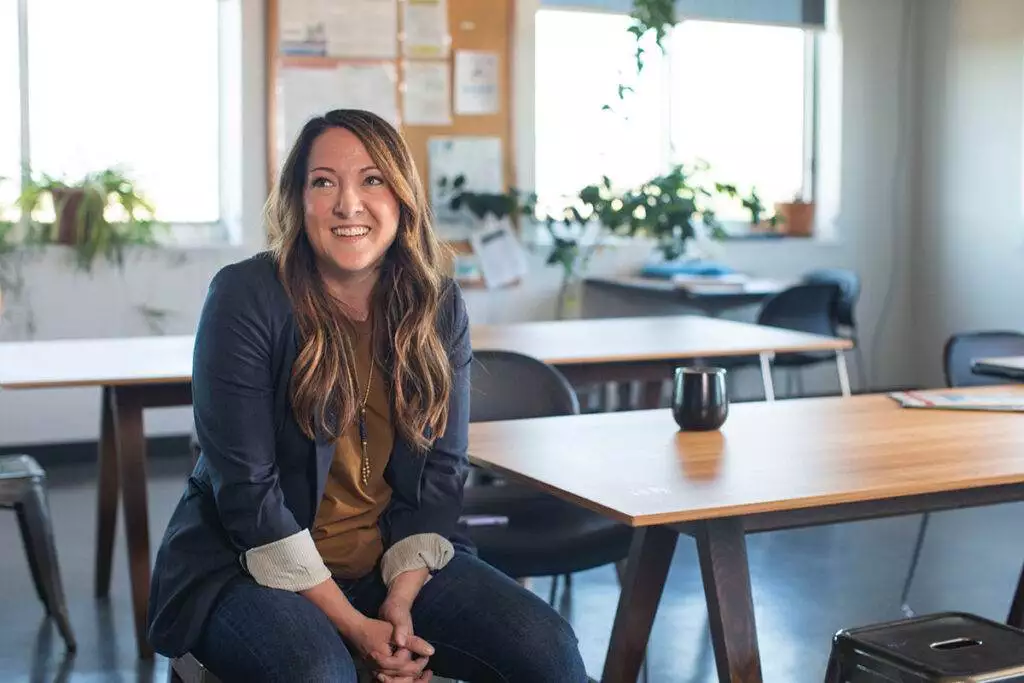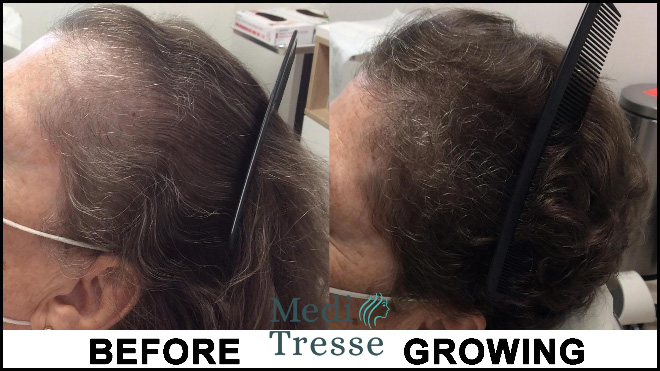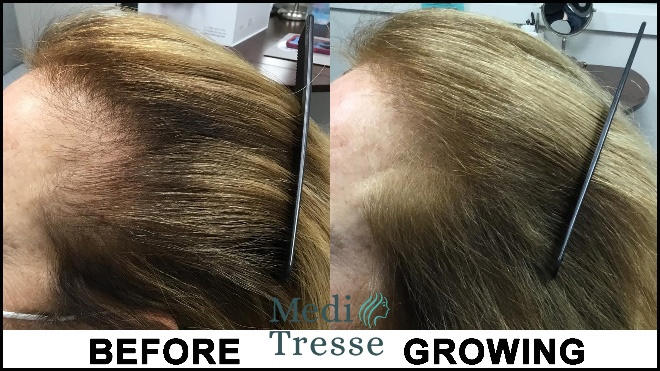
Low-level laser therapy (LLLT) is a non-invasive medical treatment that uses a low-level lasers to stimulate healthy hair growth. The technology is typically used in at home laser cap devices that are used every other day for 20 to 30 minutes. Low-level laser therapy (LLLT) has been used to treat varying types of medical conditions. It has also been used for hair loss for more than 10 years.
Due to the ease of use of the treatment and the fact it can be done at home, low-level laser therapy (LLLT) devices have become increasingly popular as an effective treatment option for hair loss. These devices are extremely safe for use. They emit cool beam lasers that penetrate the scalp and stimulate blood flow to the hair follicles. This increased blood circulation promotes hair growth and prevents further hair loss.
Low-level laser therapy devices are cleared by the FDA for hair loss treatment. There are a number of studies that shown their efficacy in the treatment of hair loss. These studies have shown positive results, particularly in treating androgenetic alopecia, also known female pattern hair loss.
Low-level laser therapy (LLLT) works by stimulating hair growth through several mechanisms of action that are beneficial to the hair. One key mechanism is the promotion of increased blood circulation to the hair follicles. This enhanced blood flow delivers vital nutrients and oxygen to the follicles, encouraging healthy hair growth and preventing further hair loss.
LLLT helps reverse miniaturization, a process in which hair follicles shrink over time and produce thinner, weaker hair strands. It has been shown to elongate the growth phase of the hair follicles, thereby producing thicker, stronger hair.
Low-level laser therapy (LLLT) has also been found to reduce inflammation in the scalp. Scalp health is very important to growing healthy hair. Inflammation can contribute to hair loss, as it disrupts the normal functioning of the hair follicles. By decreasing inflammation, low-level laser therapy (LLLT) supports a healthier scalp environment for hair growth.
It is important to understand that hair loss is not a singular condition, as there are many types of hair loss. Thankfully, low-level laser therapy has been shown to be an effective tool in the treatment of many types of hair loss.
The most common type of female hair loss is androgenic alopecia, also known as female pattern hair loss. Several studies have looked into the effectiveness of LLLT in the treatment of androgenic alopecia, including a double-blind multi-center study in 2014, which demonstrated positive results in over 90% of the participants.
Low-level laser therapy has also been shown to be effective in patients experiencing telogen effluvium hair loss. TE is a type of hair loss caused by stress that presents as excessive shedding.
Due to the anti-inflammatory properties of LLLT, we also recommend for patients experiencing both scarring alopecia and alopecia areata. Both of these types of hair loss can cause a lot of inflammation in the scalp. The goal of treatment is to stop the inflammation. Low-level laser therapy (LLLT) is rarely used as a stand alone treatment for scarring alopecia or alopecia areata. However, we have seen success in our patients when combined with other topical or oral medications.


Individual Results May Vary
One of the benefits of low-level laser therapy (LLLT) is it has a great safety profile. There are almost no side effects. While the thought of lasers can sound scary to some, low-level laser therapy (LLLT) is extremely safe. It utilizes a cool beam laser, ensuring that there is no risk of burning or discomfort during the treatment.
The only real contraindication for LLLT is for patients who currently have skin cancer of the scalp or face. While LLLT does not cause cancer, it is not recommended for individuals with active cancers in these areas due to its ability to help with cell replication. This is only an issue in theory, we take the safety of our patients very seriously. For patients that have a history of skin cancers on the scalp or face, we work with their dermatologists to make sure they are comfortable with the patient utilizing the treatment.
One question we often get from our patients is with all of the LLLT devices available, which one should they choose. As with any treatment the keys to success are patient compliance and choosing the best treatment available.
Patient compliance is crucial, so we always want to make sure patients are choosing a device that is easy to use and will ensure complete coverage. For this reason we recommend laser cap devices with 300+ diodes. This will ensure all areas of the scalp are getting coverage and there is no need to move the device around.
We also want to make sure that the device is of the highest quality and providing the most optimal energy output. Unfortunately, many of the devices on the market are not great quality. Studies have shown that the optimal energy for treating hair loss is 4 joules per cm squared. Only a few devices actually reach this threshold.
Lastly, LLLT is a treatment that the patient will be using for a long time. It is important to use a device that will be built to last and that the company has a lifetime warranty to protect your device.
https://www.meditresse.com/blog/lasercap-devices-for-hair-loss-choosing-the-right-one/
Before investing in an LLLT device for hair loss, it is important to consult with a female hair loss specialist to discuss the best treatment option for your needs. Meeting with a female hair loss specialist can diagnose the true cause(s)of your hair loss. Not only that, they can develop a comprehensive treatment plan that may or may not include LLLT. If LLLT is appropriate for you, a hair loss specialist can also ensure that you are getting the best possible device.
If you are interested in finding out if low-level laser therapy (LLLT) is an appropriate treatment option for your hair loss, schedule a consultation with one of our offices today. We have worked with over 5,000 women to help them find the best treatment options for their hair loss. We are confident we can help you as well.